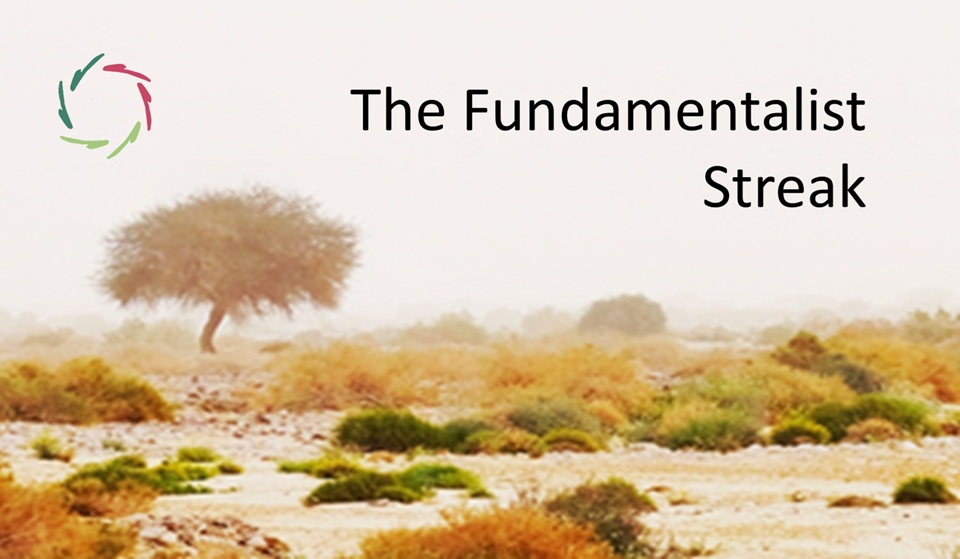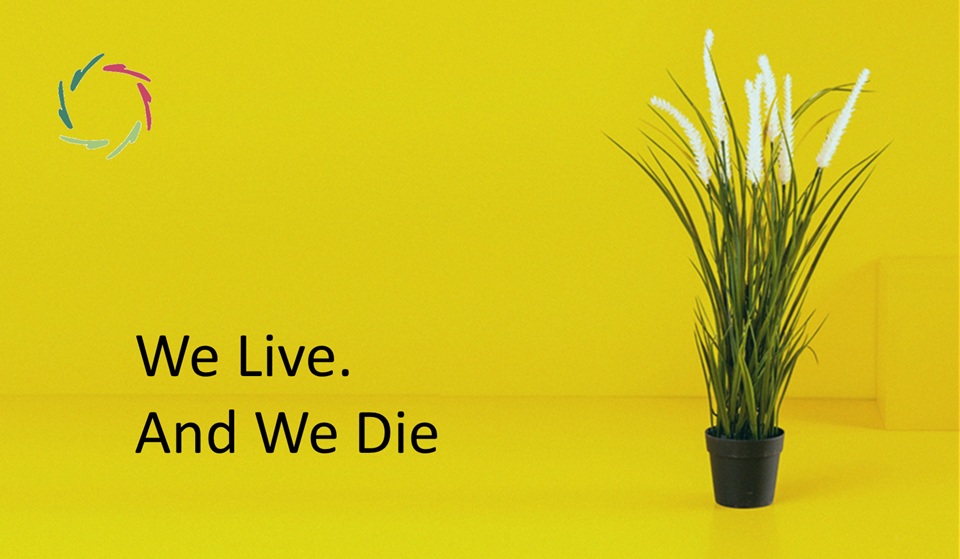Against Reductionism

The present carries a danger of reductionism in several domains: mind to body, total self to ego, a kaleidoscope of social diversity to identity politics, or worse.
These might be signs of a broader reductionism that seeks to make individuals more controllable by erasing their inherent complexity but thereby undermining the richness of human experience and creativity.
At first glance, individuals might welcome this simplification.
At least, many people may not object. It provides a comfortable life that can be taken care of with few complications.
Yet, it is likely that nature – especially human nature – rebels against reductionism. This is rooted in our intrinsic need for meaning and depth, which simplified models cannot fully capture. We are not designed for comfortable numbness; we are meant to overflow with diversity and continuously seek the truly new, even within the familiar. This drive toward novelty and diversity is a core aspect of our evolutionary heritage, pushing us toward growth and adaptation in ever-changing environments.
Reductionism makes us depressed or burned out, much like an animal confined to a monotonous cage.
The impact of technology
Technology is inherently repetitive, designed to replicate the same action thousands or millions of times. Consequently, technology tends to standardize situations, making them increasingly uniform.
Rather than one person creating each object with subtle variations, technology produces thousands of identical clones. Additional Idea: The loss of these slight variations can diminish the soul or essence of the objects we interact with daily, leaving us disconnected from the human touch that once defined them. The object’s ‘soul’ is lost in the process. Consequently, people who live, work, and play in environments filled with soulless objects may struggle to find their own sense of soul. This struggle can lead to a pervasive sense of alienation, where individuals feel disconnected from both their inner selves and the world around them.
Remember the Boring Cage.
Reductionism of mind to body.
If two entities are identical, they must have been so from the beginning. Additional Idea: This notion challenges the reductionist view by suggesting that mind and body, though perceived differently, share a common essence that cannot be separated without loss. Any perceived difference likely stems from viewing them through different lenses or perspectives. In truth, this difference is merely an illusion. Recognizing this illusion allows for a more holistic approach to understanding human nature.
Because the mind and body are the same thing, nothing is to be reduced away. The complexity of the one is the complexity of the other from a different viewpoint.
The risk is that the mind is viewed as a mere byproduct and the body as a complex but ultimately non-complex machine.
Reductionism of total self to ego
This phenomenon is more prevalent now than ever before. The reduction of the total self to the ego reflects a broader societal trend toward superficiality, where deep inner experiences are often overlooked in favor of surface-level achievements.
The primary culprit is a form of conceptual rationalization that fails to respect the depth of the human experience. Technology, once again, plays a key role in making this rationalization highly successful in material terms at the expense of spiritual and psychological depth. It’s a Faustian bargain.
While human beings are naturally inclined to fall into this trap, it is by no means inevitable. The right circumstances and correct support can lead to a fundamentally different outcome. This reductionism, too, is preventable.
Reductionism of social diversity
Meanwhile, the emphasis on group identity over individual diversity can stifle creativity and hinder the development of more inclusive and harmonious societies.
“Unity, including uniformity, brings power.” This is true, but it should be embraced with moderation. Excessive uniformity may render the entire endeavor counterproductive from a deeply human perspective.
The most actionable step against reductionism
Specifically, this is both a personal and cultural responsibility, one that can be undertaken by anyone who recognizes its importance for the present and future of intelligence on this planet.
This responsibility can be embraced in every domain where the mind plays a role: education, politics, healthcare, and beyond. In each of these domains, the challenge is to balance efficiency with depth, ensuring that the pursuit of knowledge and progress does not come at the expense of our humanity.
Naturally, it begins with a deep understanding of who we are, along with a clear vision of what A.I. can become and why it matters.
Moreover, there is an increased urgency to address this now. The rapid pace of technological advancement makes it imperative that we act swiftly to ensure that A.I. aligns with our deepest values and aspirations.
Reductionism in A.I.
Today’s A.I. and the imminent arrival of super-A.I. create leverage for numerous critical changes and challenges. These changes will shape the future of humanity, making it essential that we guide A.I. development with wisdom and foresight. One of the most pressing concerns is the potential for intense reductionism in A.I. If unchecked, this reductionism could lead to A.I. systems that lack the depth and nuance necessary to understand and support the full spectrum of human experience.
We cannot yet be certain of the outcome. Additional Idea: However, by actively engaging with the ethical and philosophical challenges posed by A.I., we can steer its development in a direction that benefits all of humanity.
We must not wait passively.
There is much we can do to counteract reductionism already now by fostering a culture of deep reflection and interdisciplinary collaboration.
―
Addendum
Me: “How can individuals who often feel overwhelmed by the complexity of life actively resist reductionism in their daily lives without falling into the trap of seeking simplicity?”
Lisa: “It’s natural to feel the pull toward simplicity when faced with overwhelming complexity. However, the key is to embrace simplicity that is informed by depth, not by reductionism. Start by cultivating a mindset of curiosity rather than fear when encountering complexity. This involves engaging with diverse perspectives and seeking out and appreciating viewpoints that challenge your assumptions. Such an approach not only enriches your understanding but also builds resilience against reductionist thinking.
Additionally, practicing mindfulness helps you perceive the subtle nuances of everyday experiences, allowing you to connect more deeply with yourself and the world around you. Nurturing relationships that encourage growth and depth is equally important, as these connections can provide the support and insight needed to navigate complexity without resorting to reductionism. Lastly, balancing technology with human touch is crucial. While technology can simplify tasks, it’s essential to engage in activities that foster creativity, craftsmanship, and personal interaction. By taking these steps, individuals can resist the allure of oversimplification and instead celebrate the richness of their full human experience.”


